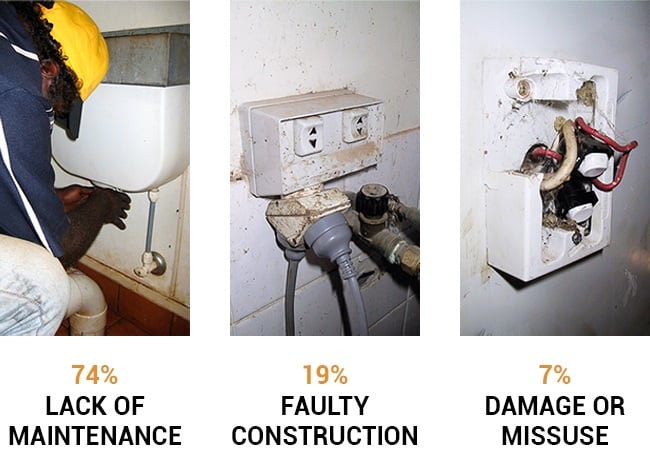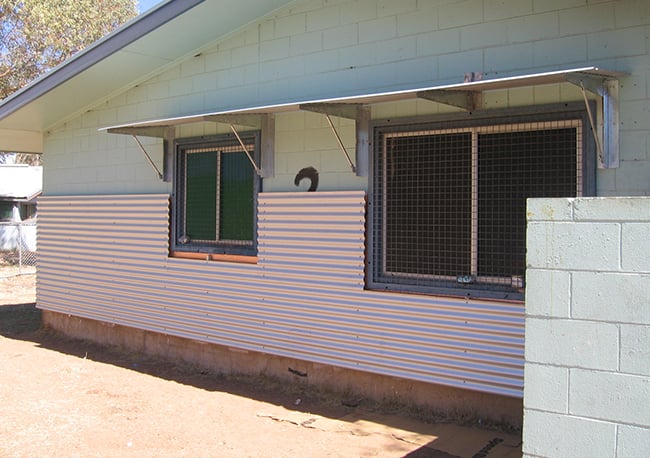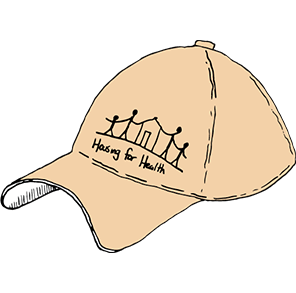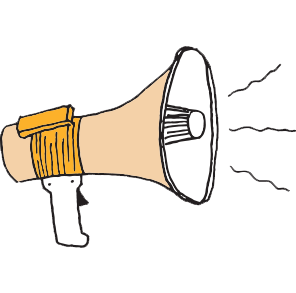Climate change, hot housing & health
Hot houses in hot climates can cause serious health issues.
This was part of the discussion at an EcoFair in Alice Springs recently. The question was will Alice Springs region remains liveable(1) with climate change.
At the Alice Springs EcoFair, Michael Liddle, an Alywarre man and community leader mentioned that the quality of housing over the last 50 years has been “really disappointing”, too hot in summer, too cold in winter, but he also made a point about the necessity of looking after houses: a house is supposed to have a life span of 40 to 50 years but for many Aboriginal people, it only lasts about six months. Housing is seen as a white person’s institution, he said, but education around the things to do “to make sure our houses last longer” is clearly necessary.(1)

From Healthabitat’s 30+ years of data lack of cyclical maintenance is the main reason houses fail to function.
Healthabitat knows functioning housing is a key determinate of health. This is backed up by Healthabitat’s data which shows a lack of routine maintenance as the major cause of house failure.
Beyond this. as Alice Springs deals with more days above 40 degrees (55 days in Jan-July 2019(2)) cool housing in the hot climate becomes critical.
In this article, Doctor Simon Quilty, who works in the Alice Springs hospital wants temperature recorded on death certificates as well as the cause of death. He says
“For instance, you are much more likely to have a heart attack when the weather is really hot, and that’s complex but it’s because your body is working harder to stay cool. Your heart may need to pump harder to help your body cool itself. If you become dehydrated, your blood becomes slightly thicker.” (3)
Healthabitat’s Research and Development Cool houses in Hot Climates shows that simple measure like insulation and shading can dramatically lower the temperature of houses in hot climates.

HH Research and Development project – Cool Houses in Hot Climates used a new shade wall and awning to reduce indoor temperatures in summer in a hot/dry climate.
Anecdotally residents in Aboriginal housing who have pre-paid power use huge amounts of energy and money to keep their poorly insulated houses cool on hot days with expensive air conditioners and then once the power cuts out, food spoils and heat becomes a real issue. Even though Controlling the Temperature of the Living Environment is a lower health priority ( the 8th priority of the 9 Healthy Living Practices), the link between energy disconnection due to excessive bills for heating and cooling and the loss of all house energy to power the health giving services of a house, as for example, hot water for washing and kitchen appliances, cannot be underestimated. (4)
Living in houses that are too cold or too hot can contribute to a range of physical illnesses and can cause emotional distress for residents. Exposure to cold temperatures increases the likelihood of developing chest infections and pneumonia, particularly for children and elderly people. If the house is cold and all members of the household sleep in one heated room, these infections can rapidly spread. Extended exposure to high temperatures can also result in illness, with increased risk of dehydration and heat stress for sick children and elderly people.(4)
The effects of climate change in our regional and rural areas are going to bring big challenges to our most vulnerable, affecting their health and housing. The discussions in Alice Springs around liveability and climate change should be a good wake up call for us living closer to the temperate coast.
References
- Alice Springs News, Climate change : Will our region remain livable? : https://alicespringsnews.com.au/2020/08/11/climate-change-will-our-region-remain-liveable/?fbclid=IwAR3fx4PJibkn6rudK-_27NpxRWH8vuIy1fxVemth3ROEQrX5mSMsjpF4jGA
- The Guardian, Too hot for humans? First Nations people fear becoming Australia’s first climate refugees, https://www.theguardian.com/australia-news/2019/dec/18/too-hot-for-humans-first-nations-people-fear-becoming-australias-first-climate-refugees
- Climate-related deaths going unrecorded, says doctor working in some of our hottest towns : https://www.abc.net.au/news/2020-05-24/climate-change-related-heat-deaths-going-unnoticed-doctor-says/12276064
- Housing for Health – the Guide : http://www.housingforhealth.com/the-guide/health-housing/controlling-the-temperature-of-the-living-environment/
Further Readings
Cold houses causes sickness – https://www.tandfonline.com/doi/full/10.1080/02673037.2019.1686130
Poorer people more likely to live in energy inefficient housing – https://www.acoss.org.au/wp-content/uploads/2015/06/ACOSS_ENERGY_EFFICIENCY_PAPER_FINAL.pdf









